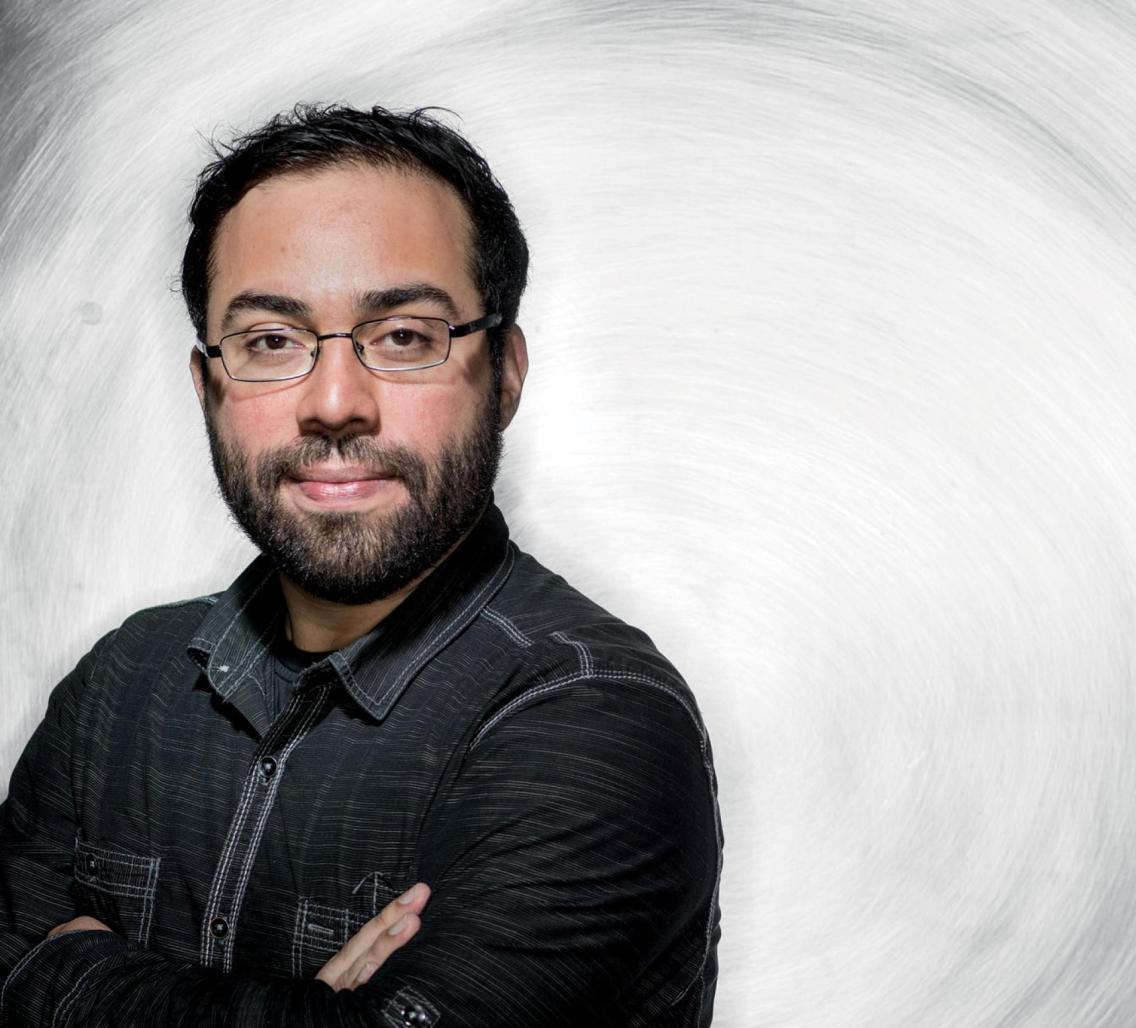Event Details:

Steve Ramirez
Assistant Professor
Department of Psychological and Brain Sciences
Boston University
Abstract
Memories thread and unify our sense of being. In recent years, the advent of activity-dependent and inducible optogenetic strategies have enabled us to image, tag, and manipulate defined sets of cells active during discrete periods of time, including learning and recollection. Here, I'll discuss our recent advances in modulating hippocampus and amygdala cells processing specific memories in the context of healthy and psychiatric disease-like states. Our results our twofold: 1) we show that acute activation of hippocampus and amygdala-mediated positive and negative memories can bi-directionally control both reward, social, and aversion-related behaviors; 2) we provide proof of principle data demonstrating brain-wide tagging and molecular characterization of cells active during positive and negative memory formation. Together, we suggest that these defined sets of cells are sufficient to lastingly modulate a battery of healthy and maladaptive behavioral states and provide novel avenues for molecular, circuit, and systems-wide interrogation of memory engrams.
Bio
Steve Ramirez is an Assistant Professor of Brain and Cognitive Sciences at Boston University and a former Junior Fellow of Harvard University. He received his B.A. in neuroscience from Boston University and began researching learning and memory in the laboratory of Howard Eichenbaum. He went on to receive his Ph.D. in neuroscience in the laboratory of Susumu Tonegawa at MIT, where his work focused on artificially modulating memories in the rodent brain, and his current work focuses on leveraging these manipulations to alleviate symptoms associated with psychiatric diseases. Steve has also received an NIH DP5 award and an NIH Transformative Award, the Smithsonian's American Ingenuity award, National Geographic's Breakthrough Explorer prize, Forbes and Technology Review's Top 35 Innovators Under 35 award, a McKnight Foundation award, and has given two TED talks.